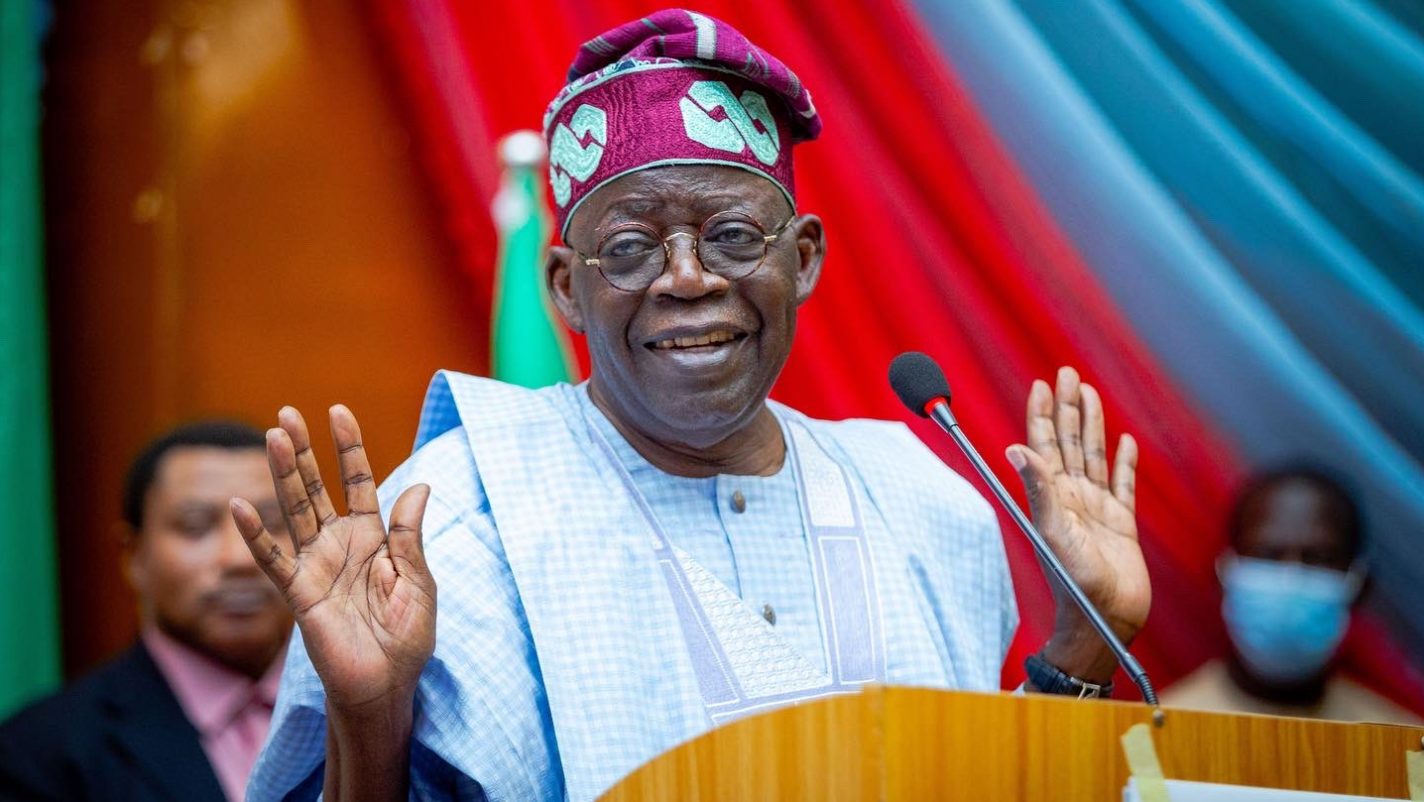Bola Ahmed Tinubu has secured the presidential seat in a closely contested election in Nigeria. The 71-year-old, who was governor of Lagos between 1999 and 2007, is credited with initiating major reforms that transformed the state into Nigeria’s economic hub. Tinubu’s victory makes him the country’s fifth president since its return to democracy in 1999 and marks his first attempt at the top job.
The opposition parties have contested the results, alleging voter suppression and violence, particularly in Lagos, Tinubu’s stronghold. The election also witnessed delays, and some election officials failed to show up at polling stations.
Tinubu’s journey to the presidency has been tumultuous, leaving Nigeria to study in Chicago, where he washed dishes to make ends meet. After returning to Nigeria, he worked in the oil sector before entering politics. However, his co-founded pro-democracy group failed to convince the military to relinquish power, leading Tinubu to flee the country in 1994. He returned after four years and succeeded in his bid for the top job in Lagos following the country’s return to democracy in 1999.
Tinubu’s followers know him as ‘Jagaban’ or ‘warrior of warriors,’ and he wears shackles on his trademark woven caps as a reminder of his time in exile under the dictatorship of Sani Abacha.
Allegations of Corruption
Despite winning the closely fought presidential election in Nigeria, Bola Ahmed Tinubu has faced criticism and skepticism. The wealthy businessman and former governor of Lagos has been accused of corruption and was dogged by concerns about his health and his ability to unite a country divided along religious, ethnic, and generational lines.
Tinubu’s abstention from presidential debates and delegation of questions to his team was also met with criticism. His controversial joke about his wife’s future role as his “housewife and First Lady” has sparked outrage among women struggling to gain foothold in politics.
Tinubu now faces the daunting task of leading Africa’s largest economy and resolving a host of problems, including insecurity, economic collapse, and shortages of fuel, cash, and power. He will need to work hard to earn the trust of Nigerians and shake off the association with the ruling party, which has caused many citizens to suffer.
“King of the Long Game”
Dubbed the “kingmaker” of Nigerian politics, Tinubu’s supporters describe him as a master strategist and the “king of the long game,” claiming he has spent years carefully planning his ascent to power.
According to Nigerian political analyst Sam Amadi, Tinubu’s clout and vast resources enabled him to build leaders and establish political influence, first in the southwest and then extending his reach to the north of the country.
Tinubu’s influence in the southwest is so significant that he is regarded as a political godfather and kingmaker, having handpicked every Lagos governor since leaving office in 2007. In 2015, he was also instrumental in the election of President Buhari, after supporting his candidacy on his fourth attempt.
After years of operating as a political puppet master, Tinubu declared that it was now his turn to emerge from the shadows and take the presidency. His campaign slogan, “Emi Lokan,” which means “it is my turn” in his native Yoruba language, was seen by some as calling in a favour.
According to Amadi, Nigerian politicians believe that access to power is an entitlement earned through investment of finance or goodwill in the political system. This was evident in the support Tinubu received from Buhari’s stronghold in the north, where he was able to deliver the southwest vote, which was crucial to Buhari’s electoral success.

